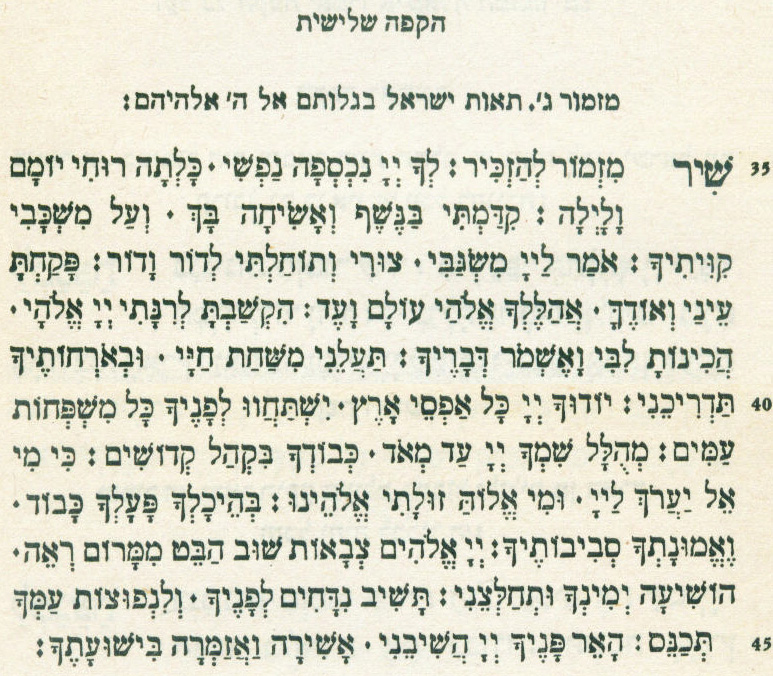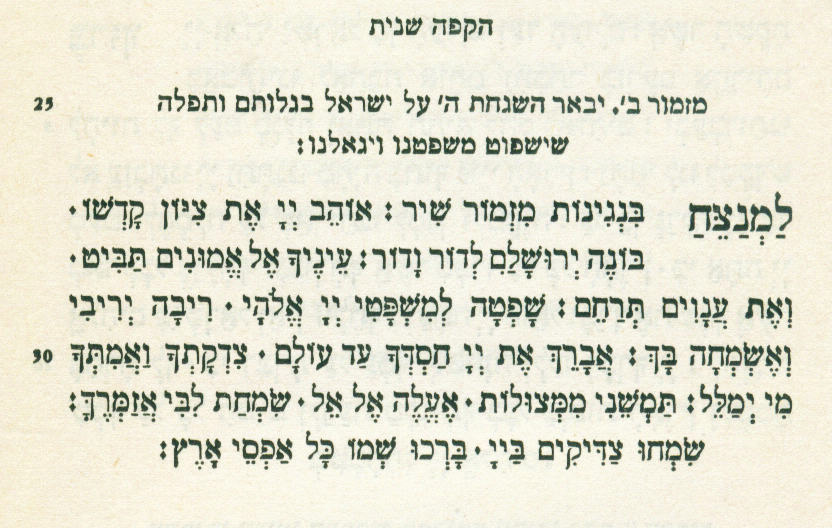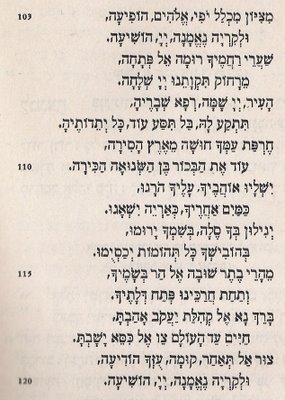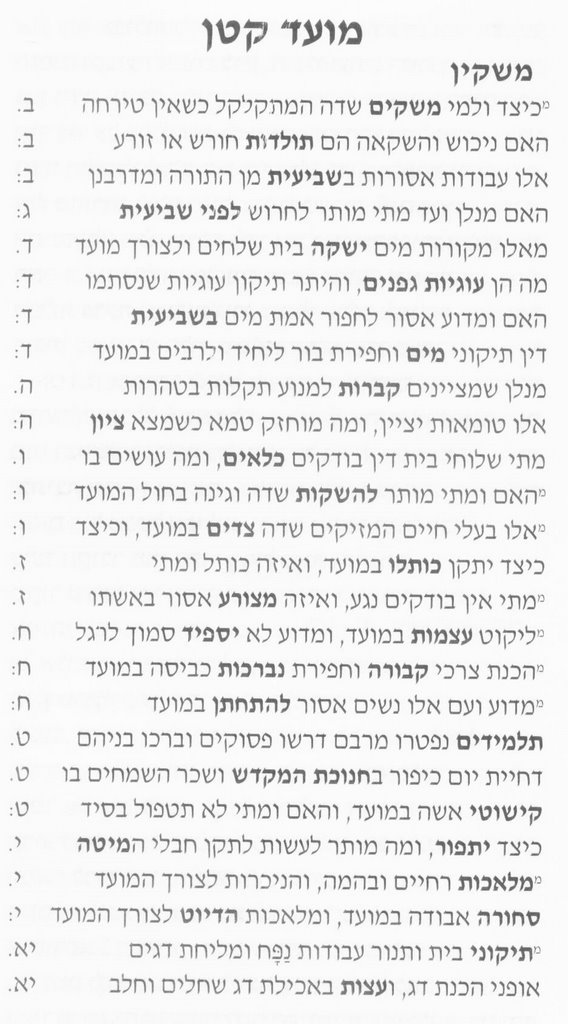Continued from here.
Let us look at the next passage in this aggadata:
One day [Reish Lakish and R. Yochanan] had a dispute in the beit midrash [about a Mishnah in Keilim that says: A sword, a knife, a dagger, a spear, a handsaw, and a scythe, at what point can they become tamei [impure]? When their manufacturing process is completed, [and they are finished utensils]. And at what point are they considered finished utensils? R. Yochanan said: When they are hardened in the furnace. Reish Lakish said: When they have been made to shine by dipping them in water. [Referring to Reish Lakish’s past,] R. Yochanan said to Reish Lakish, “A robber knows his trade. [As a former bandit you are an expert on weapons’ production.]” [Deeply hurt,] Reish Lakish retorted, “What good have you done me? [When I was the head of a gang of bandits] they called me Master, and here they call me Master!” R. Yochanan shot back, “I did you a lot of good, for I brought you under the wings of the Shechinah!” R. Yochanan’s sister [Reish Lakish’s wife] came and cried to him, “[Please pray for my husband!] Do it for the sake of my children!” He replied, “Leave your orphans; I will sustain them!” (Jeremiah 49:11). “Don’t let me become a widow!” she cried. “Your widows can depend on me” (ibid.), R. Yochanan replied. Subsequently Reish Lakish died.This is the climax of the entire passage. As we discussed regarding the previous passage, R. Yochanan taught Reish Lakish a completely new mode of leadership and influence. Their relationship grows and they become close and intimate study partners. Reish Lakish has now left his previous world where the only type of power known was the power of the sword. Torah, by its very nature, supplies the world with a different type of strength, a spiritual strength which, as we discussed before, is intimately related to the aesthetic side of life. However, Torah does not exist in a vacuum and its influence inevitably relates and overlaps with areas of life that we do not commonly associate with the realm of the aestetic. The Mishna in Keilim which was discussed in the academy is a case in point, the halachic parameters of weapons of war must be discussed and brought within the purview of the Torah. We can say that the ‘Kol Yaakov’ – the Torah – must make itself relevant to the ‘Kli Eisav’ – to the sword.
The Mishna poses us with a question of how to define the completed form of a weapon. Rav Yochanan suggests that the answer is when a weapon can be used for its intended purpose – when it is hardened in the furnace and thus can be used. Rav Yohanan sees weapons only in their functional role. They are something which, unfortunately, we must sometimes use, but which has nothing to contribute towards our spiritual understanding of the world. Weapons to Rav Yohanan lack any aesthetic qualities. Reish Lakish, on the other hand, suggests that the final stage of the weapon is not the point at which it becomes functional but rather when is when it is made to shine using water. To Reish Lakish, there is an aesthetic aspect even to something as coarse as a weapon. Reish Lakish can see the weapon from the point of view of the aesthetic.
Could the difference in outlook be a function of the respective backgrounds of these two giants of Torah? There is a famous saying in the Gemara (Berachot 34b) where chazal inform us that in the place where Baalei Teshuva stand, even the completely righteous can not stand. Many explanations have been given for this gemara. One such explanation is that baalei teshuva raise the negative experiences of their past towards the holy and thus can accomplish things spiritually which the completely righteous can not. Could it be that Reish Lakish’s past life allowed him to access a spiritual level inaccessible to Rav Yohanan? I would suggest so. It could be that his life as a bandit exposed him to elements of life which would have been completely inaccessable to someone like Rav Yohanan and thus he could see an aspect of the Kli Eisav which Rav Yohanan could not.
We have only now analyzed the first half of our passage. In the next installment, we will try to analyze Rav Yohanan’s reaction to Reish Lakish’s argument and the subsequent events.










